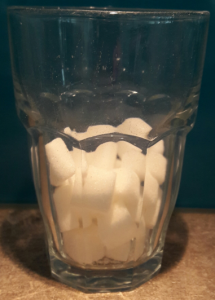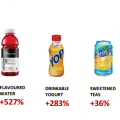 Hur kommer det sig att borgmästaren i Philadelphia, den femte största staden i USA, lyckades införa en skatt på läsk, trots stort initialt motstånd hos befolkningen och enormt motstånd från industrin? Här är några förklaringar
Hur kommer det sig att borgmästaren i Philadelphia, den femte största staden i USA, lyckades införa en skatt på läsk, trots stort initialt motstånd hos befolkningen och enormt motstånd från industrin? Här är några förklaringar
Borgmästare Jim Kenney var ny och fortfarande på politisk smekmånad, han hade rätt tajming och argumenterade väl. Han hade ett syfte, ett eftersatt område att använda pengarna till – att utveckla förskolor till barn i fattiga områden och rusta upp nedgångna parker och lekplatser. Och han sökte samarbete för saken. Mayor Kenney visste vad han gjorde och varför. Det var aldrig tal om att införa en skatt på matvaror i allmänhet, det handlade enbart om sockersötade drycker, och det begrep Philadelphiaborna.
Här är utdrag ur intervjuer. Läs mer på Marion Nestles som vanligt utmärkta blogg och Healthy Food America.
KENNEY: It never was a grocery tax. From my perspective and my opinion, their miscalculation is that they thought the people were stupid and that they would totally eat the idea of a grocery tax. In the end, diet [beverages] became part of it because it was part of the negotiation to get us the nine votes or the 13 votes we needed. It was always about sugar-sweetened beverages. It was never about anything else. I think people recognize that this was a way to generate significant revenue without raising their real estate taxes, without raising their wage taxes, without raising business taxes, because those are all the taxes that we’ve always [used] to fund education.
…BOTTEMILLER EVICH: So when the other cities, states, call you, what are you going to tell local officials about going down this road?
KENNEY: Tie it to initiatives that the public wants. Build a coalition around those initiatives. And just continue to grow the coalition and don’t worry about the big money. It’s clear now that the big money isn’t all it’s cracked up to be.
*



